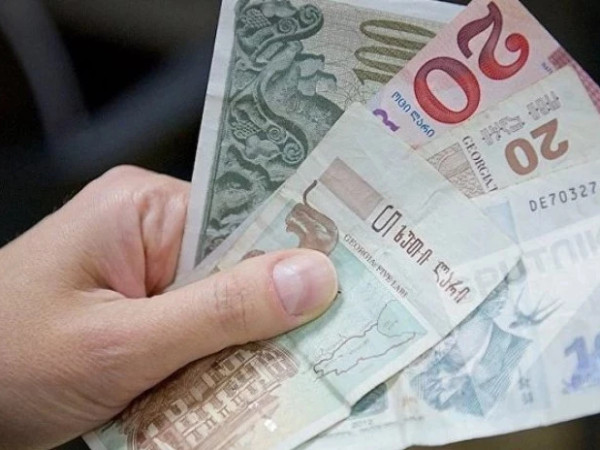Global dealmaking has reached $2.6 trillion, the highest for the first seven months of the year since the 2021 pandemic-era peak, as a quest for growth in corporate boardrooms and the impact of a surge in AI activity has overcome the uncertainty caused by US tariffs.
The number of transactions to August 1 is 16 percent lower than the same time last year, but their value is 28 percent higher, according to Dealogic data, boosted by US megadeals valued at more than $10 billion.
They include Union Pacific Corp’s proposed $85 billion acquisition of small rival Norfolk Southern and OpenAI’s $40 billion funding round led by Softbank Group.
The upsurge will be a relief to bankers who began the year with expectations the administration of US President Donald Trump would lead to a wave of consolidation.
Instead, his trade tariffs and geopolitical uncertainty made companies pause until renewed confidence in corporate boardrooms and the US administration’s anti-trust agenda changed the mood.
“What you’re seeing in terms of deal rationale for transactions right now is that it’s heavily growth-motivated, and it’s increasing,” Andre Veissid, EY Global Financial Services Strategy and Transactions Leader, told Reuters.
“Whether it’s artificial intelligence, the change in the regulatory environment, we see our clients not wanting to be left behind in that race and that’s driving activity.”
Compared with August 2021, when investors, rebounding from pandemic lockdowns drove the value of deals to $3.57 trillion, this year’s tally is nearly a $1 trillion, or 27 percent, lower.
Still deal-makers at JP Morgan Chase have said there is more to come, with companies pursuing bigger deals in the second half of the year as executives adapt to volatility.


















